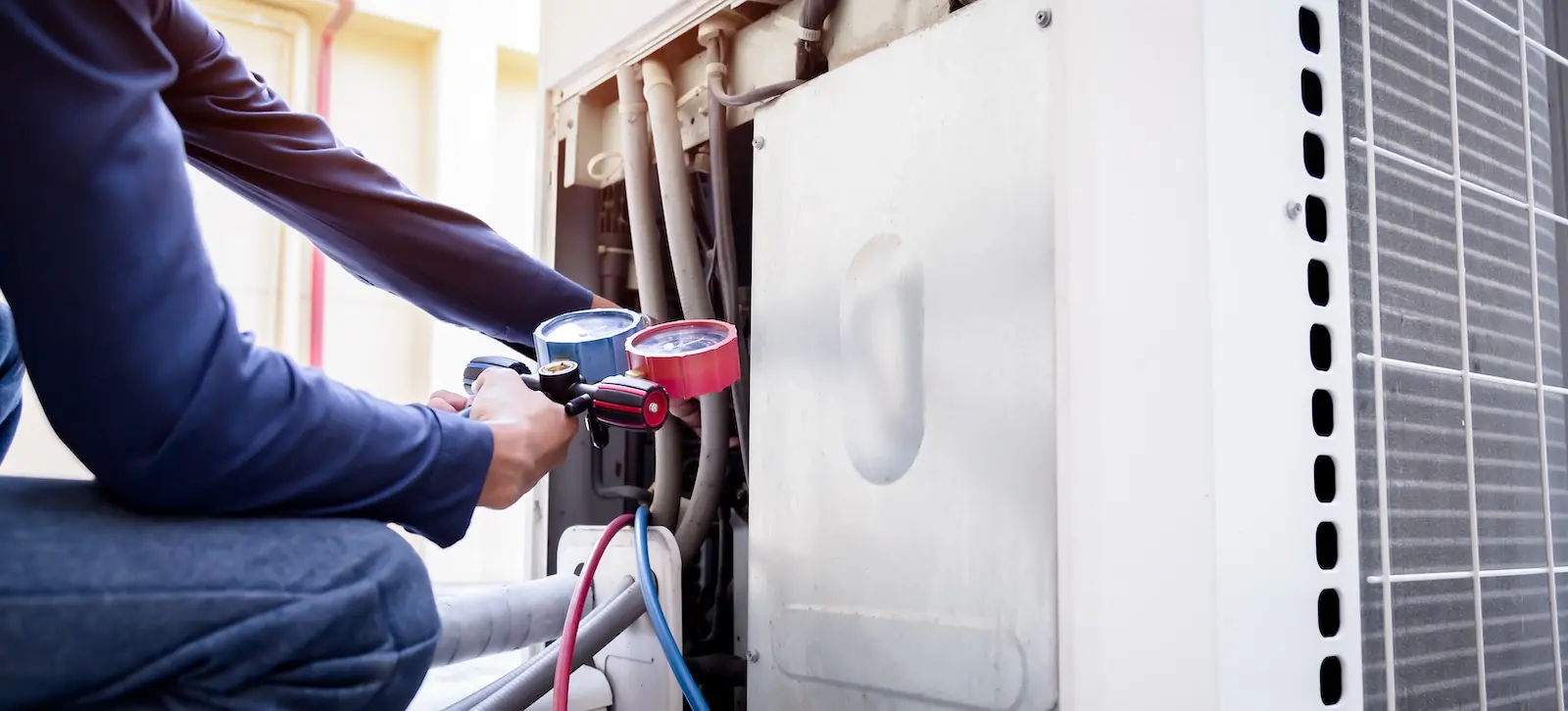Thinking about a new heating and cooling system in Seattle? Understanding heat pump life expectancy and heat pump lifespan is key for homeowners. While comparing heat pump vs central air conditioner lifespan is common, especially in the Seattle climate, knowing what affects a heat pump’s longevity matters most. This guide covers the typical lifespans of essential components and highlights how maintenance significantly impacts your system’s years of service. We’ll also tackle the crucial question for Seattle residents: “How do I know if my heat pump needs replacing?” to help you make smart choices about repairs or a new unit.

Key Components and Their Expected Lifespans in a Heat Pump System
The Diverse Lifespan of Internal Parts
The overall heat pump life expectancy isn’t uniform, as different internal components have their own typical lifespans. For example, robust parts like the compressor and coils often contribute to a longer heat pump lifespan, potentially lasting a decade and a half or even more with good care. In contrast, more dynamic components such as fan motors and electronic controls might have a shorter heat pump lifespan, generally falling within the 8 to 12-year range. Understanding this variability helps manage long-term expectations.
The Critical Role of System Interdependence
A heat pump operates as a cohesive unit, where the functionality of each part is interconnected. Consequently, the failure of a major component can significantly impact the entire system’s heat pump lifespan. When a costly repair, such as a compressor replacement, arises on an older unit, homeowners often consider whether the remaining heat pump life expectancy justifies the investment, leading to the question: “How do I know if my heat pump needs replacing?” This highlights how interconnectedness influences replacement decisions.
The Decisive Impact of Regular Maintenance
While general heat pump lifespan ranges exist, consistent and thorough maintenance emerges as a primary factor in determining the actual longevity of the system. Proper upkeep can enable a heat pump to approach or even exceed its expected heat pump life expectancy. Conversely, neglecting routine maintenance can lead to increased wear and tear, potentially shortening the heat pump lifespan. This underscores the direct link between care and how long your system will effectively operate, a factor that can also influence comparisons like heat pump vs central air conditioner lifespan.
Maintenance Matters: The Link Between Care and Heat Pump Lifespan
Consistent maintenance is paramount when it comes to maximizing your heat pump lifespan and achieving the full heat pump life expectancy. Neglecting regular care can lead to decreased efficiency, more frequent repairs, and a significantly shortened lifespan. Just like any complex mechanical system, a heat pump thrives with regular attention. Here are some key ways you can care for your heat pump and extend its years of reliable service:
- Change/Clean Air Filters Regularly: Maintain airflow and efficiency by replacing disposable filters every 1-3 months or cleaning reusable ones. This helps maximize heat pump lifespan.
- Keep Outdoor Unit Clear: Ensure the outside unit is free of obstructions like leaves and debris to promote proper airflow and protect heat pump life expectancy.
- Schedule Annual Professional Checkups: Regular servicing by an HVAC tech can catch issues early, optimize performance, and extend your heat pump lifespan.
- Monitor for Unusual Signs: Listen for odd noises or note inconsistent heating/cooling; addressing these promptly can prolong your heat pump life expectancy.
- Ensure Clear Indoor Airflow: Don’t block vents with furniture to help your heat pump operate efficiently and contribute to a longer heat pump lifespan.
Making the Call: When Should I Replace My Heat Pump?
Deciding when to replace your heat pump is a significant decision that balances upfront costs against long-term savings and comfort. Key indicators often signal that replacement is a wiser choice than continued repairs.
If your unit is over a decade old, requires frequent and costly repairs, or if your energy bills are steadily rising without a change in usage, it’s likely nearing the end of its life expectancy.
Evaluating these factors, along with the potential benefits of a more energy-efficient and reliable new system, will help you determine the right time to make the call for a replacement. That’s where we can help, we provide services to protect and fix your home’s temperature. Book here now for an appointment.
Ensuring Years of Comfort and Efficiency with Your Heat Pump.
Understanding your heat pump life expectancy is the first step in maximizing its value. As we’ve explored, consistent maintenance is the cornerstone of a long and efficient operational life, helping you avoid premature replacements. However, even with the best care, there comes a time when the cost and hassle of repairs outweigh the benefits of a new system.
When that moment arrives, and you’re considering a replacement to ensure continued comfort and energy savings in your Seattle home, our experienced team is here to help you choose the perfect new heat pump for your needs and provide expert installation tailored to the Pacific Northwest climate.








